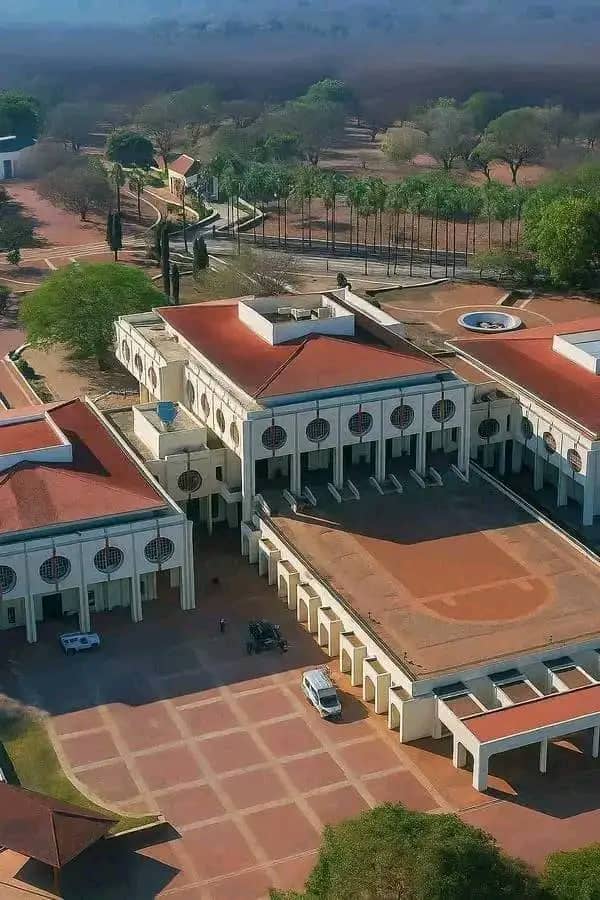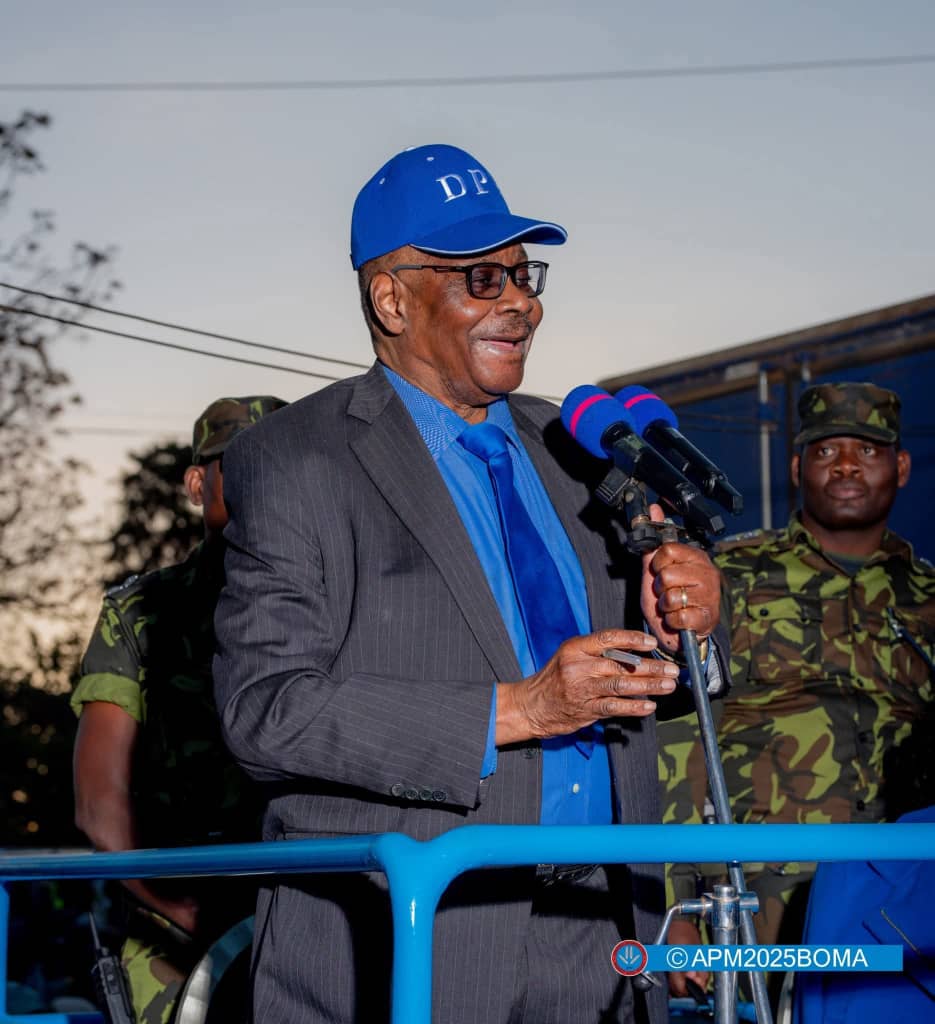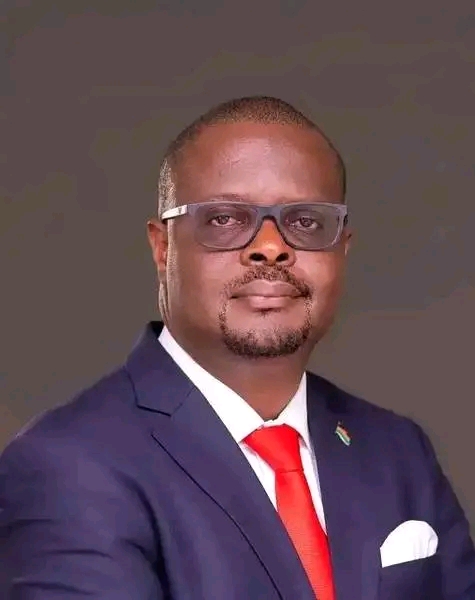By Suleman Chitera
Lilongwe — Malawi’s State House is under fire after Finance Minister Joseph Mwanamvekha revealed that the entire K67 billion budget allocated to the Office of the President and Cabinet (OPC) for the 2025–2026 fiscal year was fully spent within just six months.
The revelation has sparked outrage across political and civil society circles, reviving long-standing concerns about transparency, fiscal discipline, and accountability in how the presidency handles public funds.
What the Minister Said
In a blistering assessment, Minister Mwanamvekha described the situation as “abnormal and troubling,” pointing out that the rapid depletion of the funds reflects “poor financial management and a lack of proper utilization of government resources.”
He disclosed that not only was the full K67 billion used up in half a year, but additional borrowing was required to keep State House operations running — pushing total expenditure K50 billion above the original K150 billion allocation.
Political Fallout and Calls for Audit
The scale and speed of the spending have triggered serious political backlash. Critics are demanding a full independent audit of State House finances.
Rodgers Kamphangala, an MCP loyalist from Dowa, calculated that President Lazarus Chakwera was effectively spending K372 million per day, a figure he says is deeply troubling in a country where basic public services — like healthcare — are underfunded.
He and others argue that if the funds had been used more wisely, they could have delivered transformative projects — such as funding a university or building critical infrastructure.
Kamphangala has publicly called on the president to account for every kwacha.
The State House Justification
Defending the spending, Information Minister Moses Kunkuyu said there is nothing inherently wrong with disbursing large sums at State House, arguing that the money was part of the “State Residences” allocation, meant to cover transport refunds, hospitality, and other operational costs.
He insisted that such spending is not new: “There has never been anything wrong … with a Malawian traditional leader, a teacher, a CSO [civil society organisation] leader or a media practitioner being offered a drink, a meal or a transport refund after visiting their President.”
Deeper Concerns: Governance, Campaigns, and Protocol
Other observers suggest the issue is not simply about mismanagement, but about patterned abuse.
According to a scathing opinion piece in The Maravi Post, the State House protocol team allegedly recycles party youths — presenting them falsely as traditional leaders, teachers, or community stakeholders — to meet the President. Those who attend reportedly get paid K50,000, but then return K20,000 back to the protocol team, which allegedly pockets the remainder.
This, critics argue, is a misuse of public funds disguised as “outreach” but potentially serving political ends.
Legacy of Weak Accountability
This scandal has raised alarm bells among governance experts who point to a broader crisis of oversight in Malawi’s public finances.
The Anti-Corruption Bureau (ACB), the institution mandated to investigate and prosecute corruption, is perceived by some as ineffective in holding high-ranking officials accountable.
Past corruption scandals — such as the Cashgate scandal — exposed how powerful actors manipulated government financial systems to siphon funds.
In addition, there are deep concerns that the Chakwera administration is increasingly blurring lines between public resources and political campaigning — borrowing heavily, allegedly looting, and lacking transparency.
What This Means for Malawi
- Fiscal Pressure: Borrowing more to cover State House expenses exacerbates Malawi’s debt burden.
- Erosion of Public Trust: When national resources disappear behind closed doors, citizens lose faith in leadership.
- Governance Gap: The incident underscores weak checks and balances, raising questions about how future allocations are monitored.
- Political Implications: With elections and party politics in the mix, there’s real concern that public funds are being weaponized for political gain.
What Must Be Done
To restore trust and integrity, the following measures should be urgently pursued:
Independent Audit: A full forensic audit of the K67 billion spending — accessible to the public.
Parliamentary Oversight: The Public Accounts Committee (PAC) should summon senior State House officials to explain how the funds were used.
Strengthened Anti-Corruption Efforts: The ACB must be empowered (and resourced) to investigate top-level misuse.
Budget Transparency Reforms: Introduce stronger budget-tracking tools and real-time public reporting on presidential spending.
Civil Society Engagement: Encourage watchdog groups, media, and citizens to demand accountability, pushing for regular updates on State House finances.
Conclusion
The rapid exhaustion of K67 billion meant for State House within six months is more than just a budgetary anomaly — it reflects systemic risks in how Malawi’s executive uses public funds. At the heart of the controversy is a fundamental question: When the highest office in the land treats public money as if it has no limits, whose interests are really being served?
The government must act decisively — not just to explain, but to reform — if it hopes to rebuild trust with a citizenry increasingly skeptical of where their money ends up.




